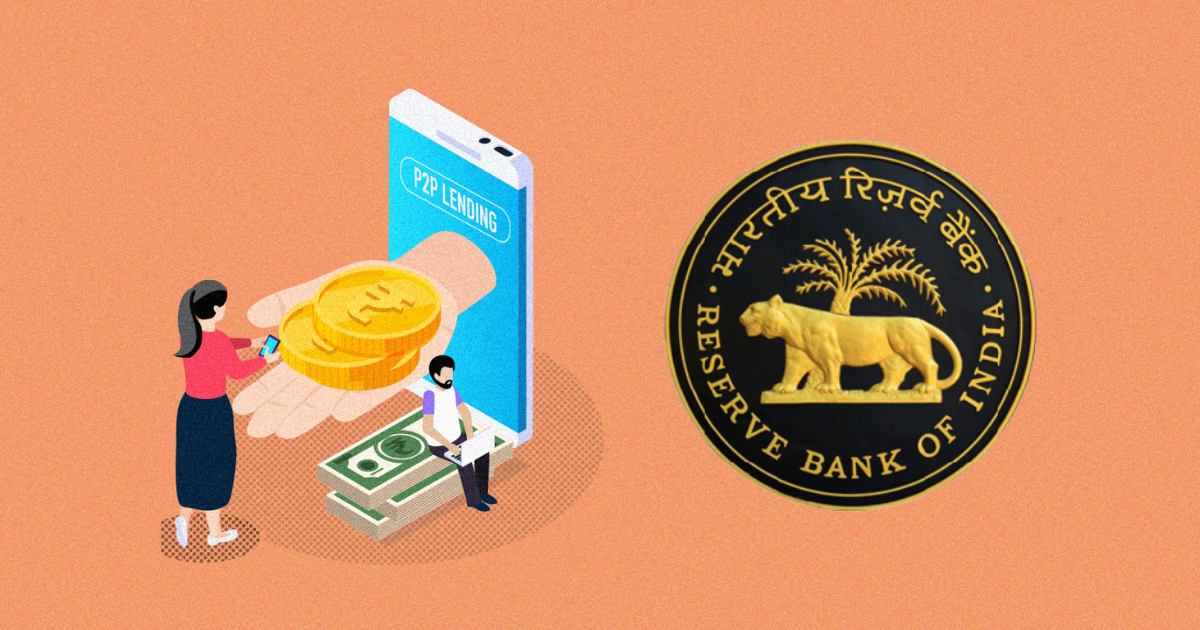The Reserve Bank of India (RBI) has intensified its scrutiny of peer-to-peer (P2P) lending startups by sending a series of inquiries to registered entities. The central bank has requested information regarding their partnership models with consumer-facing apps, risk-sharing arrangements, and the flow of funds, among other aspects, according to sources cited by ET.
This move comes as the RBI continues to closely monitor digital payments and lending platforms since last year. Some of the popular apps involved in P2P lending include CRED, Jupiter, BharatPe, Lendingkart, and LiquiLoans.
P2P startups are classified as non-banking financial companies (NBFC-P2Ps) and are required to regularly update the RBI on their operations. Many fintech startups collaborate with these NBFC-P2P platforms to provide lending services.
The RBI aims to ascertain whether default guarantees and interest rates are properly regulated within these platforms. Additionally, the central bank wants to ensure that NBFC-P2P entities retain full control over processes such as disbursal, collection, and evaluation. It explicitly discourages the leasing out of licenses to partner entities, a practice observed among Chinese lending apps that faced scrutiny earlier this year.
The fundamental concept behind P2P lending was to disrupt traditional banking and offer affordable loans to individuals seeking instant credit. However, the sector has yet to gain widespread adoption in India.
Major players in the P2P lending segment include Faircent, LenDenClub, LiquiLoans, and the newly established IndiaP2P. Nevertheless, the RBI has imposed strict restrictions on these platforms. For instance, individual lenders are prohibited from investing more than INR 50 lakh for lending through P2P, and cross-selling products to borrowers is also not authorized.
P2P platforms commonly form partnerships with fintech startups and platforms seeking to provide instant credit to their users. These collaborations serve as an additional revenue stream for P2P lending platforms while operating within the boundaries set by RBI regulations.
As the RBI’s scrutiny of the P2P lending sector continues, it remains to be seen how these startups will navigate the regulatory landscape and work towards achieving greater acceptance in the Indian market.



![[CITYPNG.COM]White Google Play PlayStore Logo – 1500×1500](https://startupnews.fyi/wp-content/uploads/2025/08/CITYPNG.COMWhite-Google-Play-PlayStore-Logo-1500x1500-1-630x630.png)